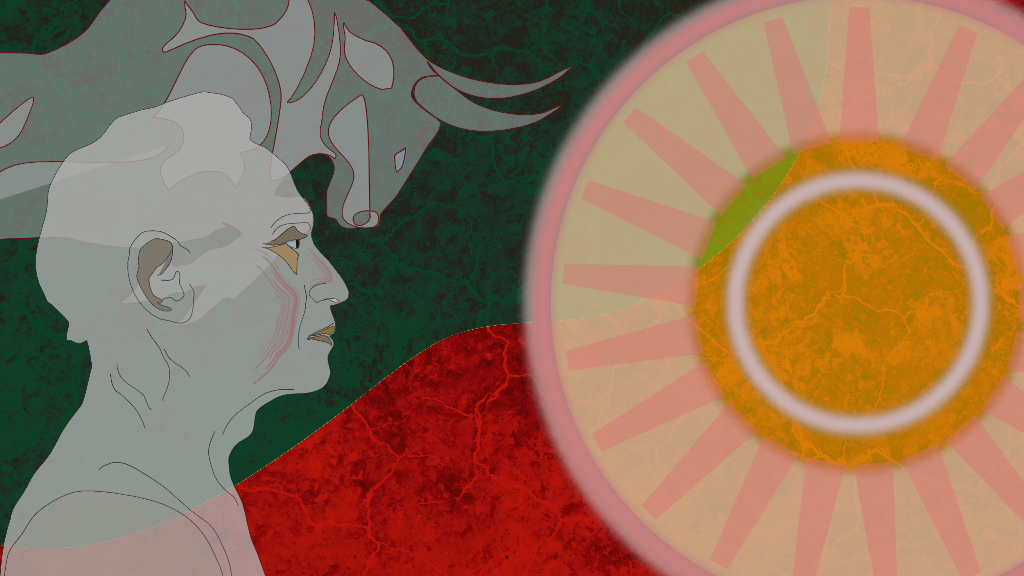 Moving to Portland brings all the positives and negatives of urban living. A notable positive is access to the arts and I’m looking forward to catching Stravinsky’s The Firebird this weekend with the Oregon Symphony. Part of the program is a new work by composer Vijay Iyer who has a history of incorporating concepts derived from African rhythms, hip hop, and jazz into his compositional efforts. I took the opportunity this morning to read his 1998 dissertation from Berkeley that capped off his interdisciplinary program in the cognitive science of music. I’ll just say up front that I’m not sure it rises to the level of a dissertation since it does not really provide any significant new results. He notes the development of a microtiming programming environment coded in MAX but doesn’t give significant results or novel experimental testing of the system or of human perceptions of microtiming. What the dissertation does do, however, is give a lucid overview and some new insights about how cognition and music interact, as well as point towards ways to test the theories that Iyer develops during the course of his work. A too-long master’s thesis might be a better category for it, but I’ve never been exposed to musicology dissertations so perhaps this level of work is normal.
Moving to Portland brings all the positives and negatives of urban living. A notable positive is access to the arts and I’m looking forward to catching Stravinsky’s The Firebird this weekend with the Oregon Symphony. Part of the program is a new work by composer Vijay Iyer who has a history of incorporating concepts derived from African rhythms, hip hop, and jazz into his compositional efforts. I took the opportunity this morning to read his 1998 dissertation from Berkeley that capped off his interdisciplinary program in the cognitive science of music. I’ll just say up front that I’m not sure it rises to the level of a dissertation since it does not really provide any significant new results. He notes the development of a microtiming programming environment coded in MAX but doesn’t give significant results or novel experimental testing of the system or of human perceptions of microtiming. What the dissertation does do, however, is give a lucid overview and some new insights about how cognition and music interact, as well as point towards ways to test the theories that Iyer develops during the course of his work. A too-long master’s thesis might be a better category for it, but I’ve never been exposed to musicology dissertations so perhaps this level of work is normal.
Iyer’s core thesis is that musical cognition and expression arise from a physical engagement with our environments combined with cultural situatedness. That is, rhythm is tied to a basic “tactus” or spontaneously perceived regular pulse or beat of music that is physically associated with walking, heartbeats, tapping, chewing, and so forth. Similarly, the culture of musical production as well as the history that informs a given piece all combine to influence how music is produced and experienced.… Read the rest






